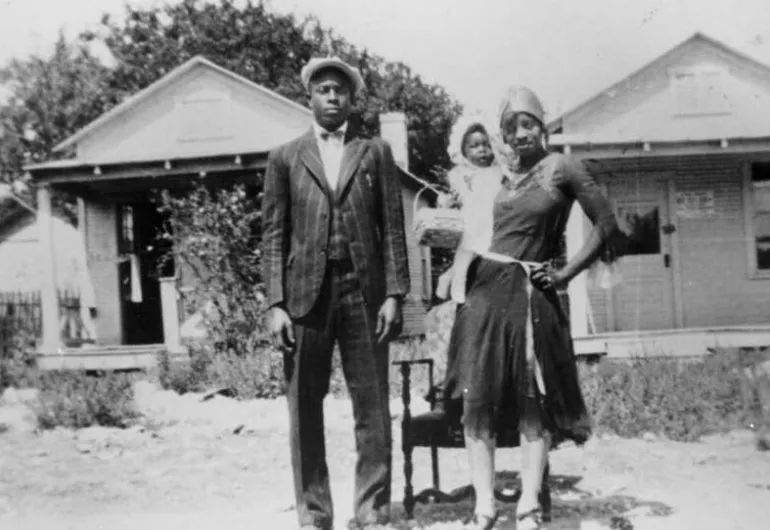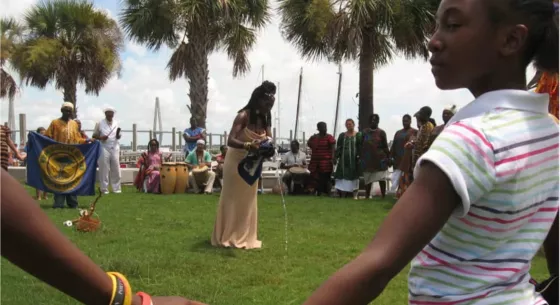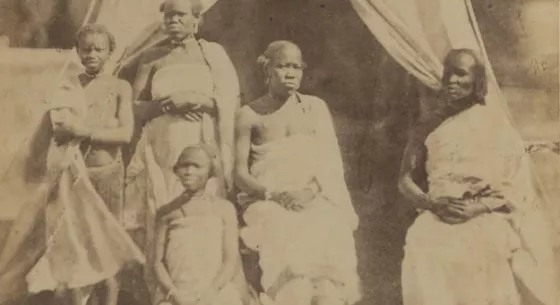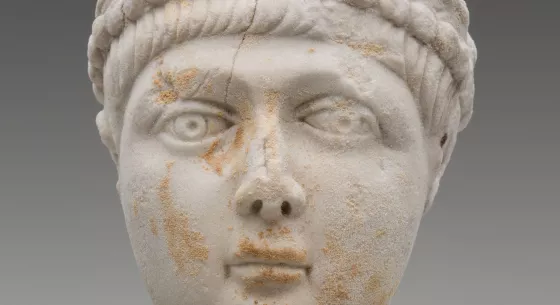ANDREA ROBERTS is an Assistant Professor of Urban Planning at Texas A&M University. She is a fellow with the Hazard Reduction and Recovery Center, Center for Heritage Conservation, and the Africana Studies Program. Dr. Roberts holds a Ph.D. in planning from The University of Texas at Austin (2016), an M.A. in government administration from the University of Pennsylvania (2006), and a B.A. in political science from Vassar College (1996). Her 12 years of nonprofit and government administration, political campaign, and community development experience inform her efforts to move disappearing Black communities—facing sprawl, displacement, and resource extraction—from the margin to the center of public discourse and research.
As Director of The Texas Freedom Colonies Project™, she trains student researchers, volunteers, and the freedom colony diaspora to contribute place histories and memories to the TXFCP Study and Atlas, a publicly accessible map and settlement database. The Texas Department of Transportation and the Council of Texas Archeologists use the platform to identify Black historic resources at risk. The Journal of Planning History, Buildings and Landscapes, the Journal of the American Planning Association, the Journal of Community Archaeology and Heritage, Planning Theory & Practice, and Environmental Justice have published her peer-reviewed scholarship. She’s written commentaries for Newsweek and The Conversation.
Dr. Roberts is also the Consultant/Owner of Freedom Colonies Project, LLC, which provides research and DEIA workshops for preservation organizations. She is a Texas State Board of Review member and a National Monument Audit Advisory Board member. She has received awards for her engaged scholarship from The Vernacular Architecture Forum and the Urban Affairs Association. Dr. Roberts is a 2020-21 Whiting Public Engagement Fellow and was a 2020 Visiting Scholar at Yale’s Gilder Lehrman Center for the Study of Slavery, Resistance, Abolition. Currently, she’s writing a book about Black historic preservation practice for The University of Texas Press.










